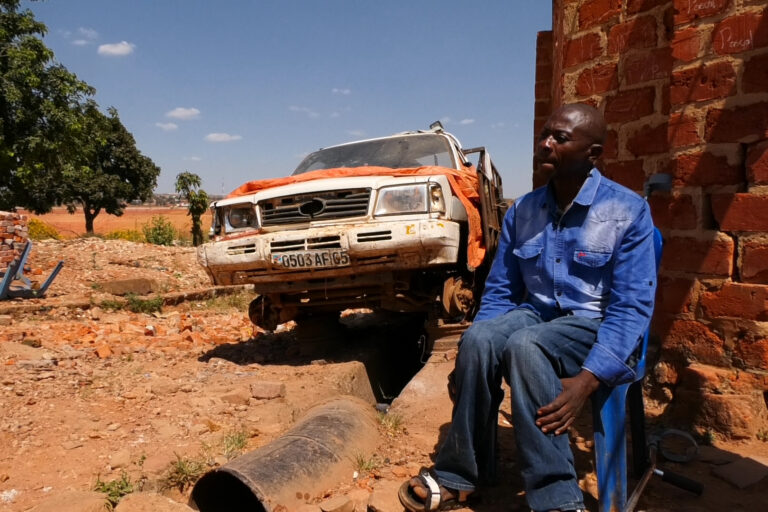In May 2024, Mongabay published a bilingual multimedia investigation, originally reported in French, examining unchecked pollution and human rights violations linked to mining companies in the Democratic Republic of Congo’s (DRC) copper and cobalt belt. The region produces critical minerals that feed the global energy transition, but Mongabay found that communities are paying the price in contaminated water, destroyed crops, severe health impacts, and forced displacement.
In this region, pollution from mining cobalt and copper – both critical minerals for the transition to cleaner sources of energy – is on the rise, and some polluters are ignoring their legal obligations to clean it up. Cases of pollution have reportedly caused deaths, health problems in babies, the destruction of crops, contaminated water and the relocation of homes or even entire villages, residents and community organizations say.
Mining is the economic lifeblood of the region and a state-owned mining company is a shareholder in several other companies, some of which were accused of these same rights abuses. To dive deeper into the reality in the region, Mongabay visited several villages in Lualaba province affected by pollution and human rights violations to assess the state of the unresolved damage — and whether companies were meeting their legal obligations.
Impact
Nearly a year after Mongabay’s investigation, the DRC government issued a record multi-billion-dollar tax bill to companies that the report showed were polluting with impunity.


